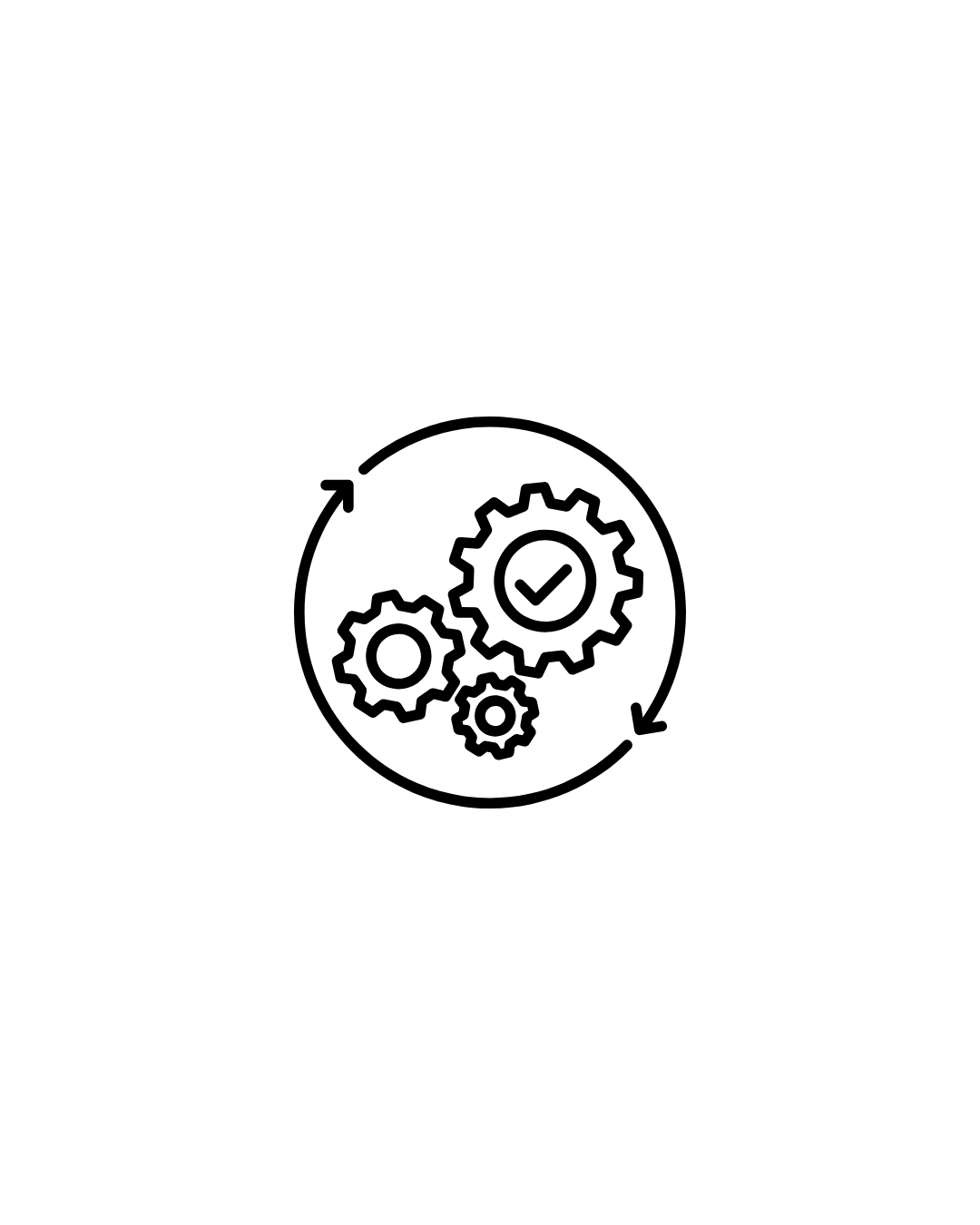Description
An Advanced Diploma in Manufacturing is designed to equip students with the necessary skills and knowledge to excel in the manufacturing industry. This program typically covers various aspects of manufacturing processes, systems, and technologies, preparing graduates for roles that require technical expertise and management capabilities.
Course Details:
Duration: Usually 1 to 2 years, varying based on the institution and program format.
Eligibility: A high school diploma or equivalent is typically required; relevant work experience may be an advantage.
Mode of Study: Offered in full-time, part-time, or online formats, often blending theoretical instruction with hands-on training.
Curriculum:
The curriculum for an Advanced Diploma in Manufacturing usually includes a variety of topics, which may include the following:
1. Fundamentals of Manufacturing
Manufacturing Processes: Overview of different manufacturing methods (e.g., machining, welding, assembly).
Types of Manufacturing Systems: Understanding discrete manufacturing, continuous manufacturing, and batch production.
2. Materials Science
Properties of Manufacturing Materials: Study of metals, polymers, ceramics, and composites.
Material Selection: Techniques for choosing appropriate materials for various manufacturing applications.
3. Manufacturing Technology
Advanced Manufacturing Techniques: Introduction to automation, robotics, and CNC (Computer Numerical Control) technology.
Industry 4.0: Concepts related to smart factories, digital manufacturing, and the Internet of Things (IoT).
4. Quality Management
Quality Assurance and Control: Understanding the importance of quality in manufacturing and the systems used to manage it.
Lean Manufacturing and Six Sigma: Principles aimed at eliminating waste and improving quality in manufacturing processes.
5. Production Planning and Control
Production Scheduling: Techniques for planning and scheduling manufacturing operations effectively.
Inventory Management: Understanding inventory control methods and strategies to maintain optimal stock levels.
6. Supply Chain Management
Logistics and Distribution: Fundamentals of managing the flow of goods from suppliers to customers.
Supplier Management: Techniques for evaluating and sourcing materials from suppliers.
7. Health and Safety in Manufacturing
Workplace Safety Regulations: Knowledge of OSHA (Occupational Safety and Health Administration) standards and other safety practices.
Risk Assessment and Mitigation: Techniques for identifying potential hazards in manufacturing environments.
8. Financial Management in Manufacturing
Cost Control: Understanding the cost factors involved in manufacturing and methods for controlling expenses.
Budgeting and Financial Analysis: Skills for managing budgets and conducting financial analyses related to manufacturing operations.
9. Project Management in Manufacturing
Project Planning and Execution: Tools and techniques for managing manufacturing projects effectively.
Risk Management in Projects: Identifying and managing risks associated with manufacturing projects.
Assessment:
Assessment methods in this program may include:
Examinations: Testing theoretical knowledge of manufacturing principles and practices.
Practical Applications: Hands-on projects and exercises demonstrating mastery of manufacturing skills.
Group Projects and Presentations: Collaborative assignments focusing on real-world manufacturing challenges.
Career Opportunities:
Graduates of an Advanced Diploma in Manufacturing can pursue a variety of roles, including:
Manufacturing Engineer: Designing manufacturing processes and systems to enhance efficiency.
Production Supervisor: Supervising daily operations and managing production teams.
Quality Control Inspector: Ensuring products meet established quality standards.
Supply Chain Analyst: Analyzing and improving supply chain processes for manufacturing firms.
Process Improvement Specialist: Identifying areas for improvement in manufacturing processes to increase productivity and reduce costs.
This advanced diploma program prepares students for dynamic careers in the manufacturing industry, emphasizing both technical skills and strategic thinking. If you have further questions or need information about specific areas, feel free to ask!









